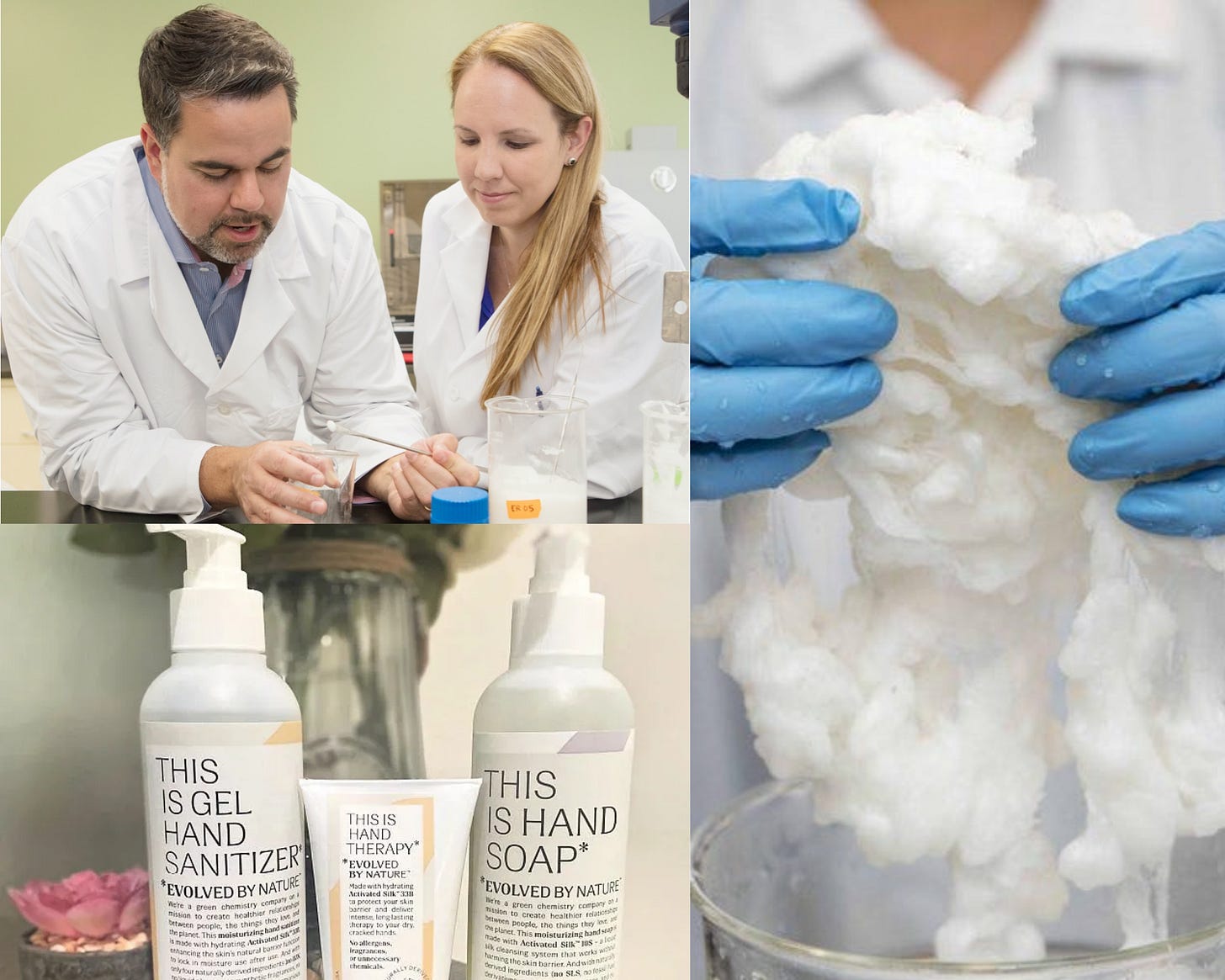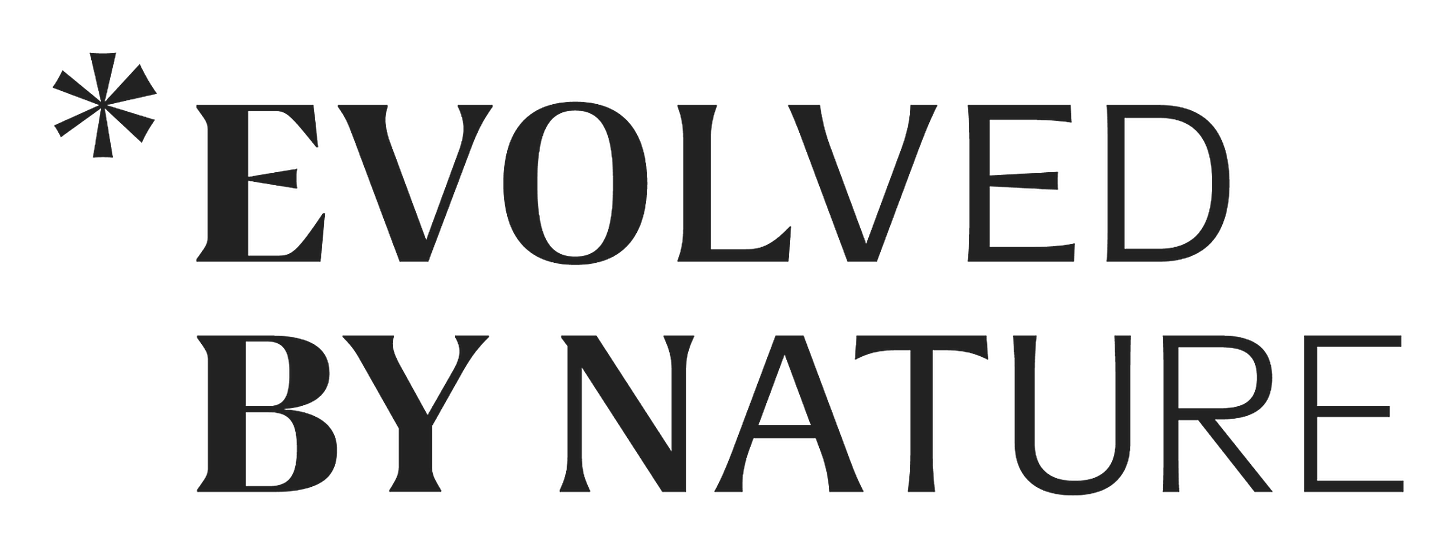Don't think about saving the planet
Save yourself, and the planet will heal
Rising sea levels will destroy us and not the planet.
Droughts and heatwaves will destroy us and not the planet.
Increasing levels of greenhouse gases will destroy us and not the planet.
I don't think we need to 'Save the Planet'. We need to save ourselves.
And we are not the planet.
The planet is 4,500,000,000 years old.
Humans came around 200,000 years ago
Civilization started 6000 years ago.
And the industrialized world that we are living in, started only 200 years ago!
So even if we vanish, I am sure the planet will revive itself.
There are 15 million other species.
They would form back those food chains that we have disrupted and the ecosystems that we have destroyed.
Would love to know your thoughts on that. Leave your comment or just reply to this email😊
For this week, I’ve picked 3 startups that are doing good for humans and the planet.
If you’ve ever bought a non-stick pan… you would’ve heard of Teflon. To make an anti-stick surface, Fluoropolymer coatings are commonly applied to cookware. Teflon is the most famous one. It has a chemical called PTFE. At temperatures above 570°F (300°C), Teflon coating can start breaking down which might release toxic chemicals into the air. These are hazardous for humans (and their pets)- some of them are even carcinogenic.
An actuarial science professional turned entrepreneur… Kaviya Cherian was always fascinated by the joy of cooking in traditional cookware. So when she realized that the traditional cookware is being replaced by environmentally hazardous kitchenware, she dove right into it to solve that and started Green Heirloom- a sustainable and organic cookware brand.
It sells cookware made out of clay, cast iron, stoneware and bronze.
It works with cooperative societies and artisans in the south and northeast India who manufacture these products.
It also sells banana fibre table mats, tamarind wood chopping boards and soapstone mortar and pestles.

Talk about win-win…While non-stick pans last for 4-6 years and then end up in a landfill, the traditional cookware, if maintained properly, can outlive us. Clay pots are a healthier alternative as they convert acidic food into alkaline, making them easier to digest. Once the bootstrapped venture breaks even, Kaviya wants to start a profit-sharing model with artisans and communities she works with.
Gimme all…Our demand for cheaper and high-performing textiles is growing. We want clothes with a softer feel, faster moisture absorption & wrinkle resistance. To fulfill this, the modern textile industry uses a bunch of petroleum-based chemicals to coat the fabrics. Some of these chemicals are carcinogenic and can affect the reproductive, nervous, and endocrine systems. These chemicals eventually get removed from the clothes as we use and wash them but enter into the environment- impacting animal life.
A silkworm-based replacement…In 2013, Gregory Altman and Rebecca Lacouture developed Activated Silk, a natural alternative to petrochemical finishes. At Evolved by Nature, they use water and pure silk fibre to create liquid silk. This acts as a natural replacement for petroleum-based finishing agents, additives and microplastics which are commonly used in the textile and cosmetics industries.
They import cruelty-free, ethical silk cocoons (small protection layer woven by silkworms) that are discarded by the silk industry (not ideal for silk fabrics).
It is then purified and converted into liquid silk, by using only salt and water.
This liquid silk is used for performance-enhancing needs, like moisture-wicking and as a natural emulsifier in the cosmetic industry.

What’s not to like here…The silkworms that produce silk fibre are pesticide-averse and feed on organic mulberry leaves, which are grown and renewed by the sun and rain. They naturally consume CO2 during cocoon creation. This makes the silk-making process an inherently renewable, environmentally friendly one.
Let’s talk about cleaning products… Conventional cleaning products are causing health problems for humans and are wreaking havoc on the planet. They contain chemicals like ammonia and bleach that are major skin and respiratory irritants. Some of them have volatile organic compounds (VOCs) that cause air pollution and have been linked to cancer. These VOCs also end up in waterways, impacting marine ecosystems. And on top of that, they are packed in plastic, which eventually ends up in landfills or oceans.
We’ve got this…Direct to consumer startup Cleancult is on a mission to solve all of the above. They manufacture non-toxic household cleaning products that are good for humans and the planet. Instead of using ingredients that we cannot pronounce, they use coconut oil, olive oil, and potassium soap (they have natural antimicrobial and antifungal properties) in their cleaning products
The brand makes a variety of household products- all-purpose cleaner, dish soap, hand soap, a soap bar, laundry detergent, and dishwasher detergent.
All of their products contain a unique blend of natural, biodegradable ingredients, the most common one being saponified coconut oil.
Their products are free of dyes, fragrances, triclosan, phosphates, and petroleum-based ingredients.

And this too…To minimize the use of plastic, they ship their products in refillable glass dispensers and paper-based milk cartons. They employ sustainable shipping practices and offset all the carbon that is generated in the production and shipping of their products. The brand has been carbon neutral from day one.
🔍Ready for this week’s crossword challenge?
You can solve it by clicking here
If you liked this edition, please do share it. That would mean a lot😊
📢 Shoutout to Paridhi who helped me write this edition.
Hit that 💚 if you liked today’s edition.
Are you following us on Instagram?
Thanks and see you next week😄










This was a clickbait I actually enjoyed reading hahaha